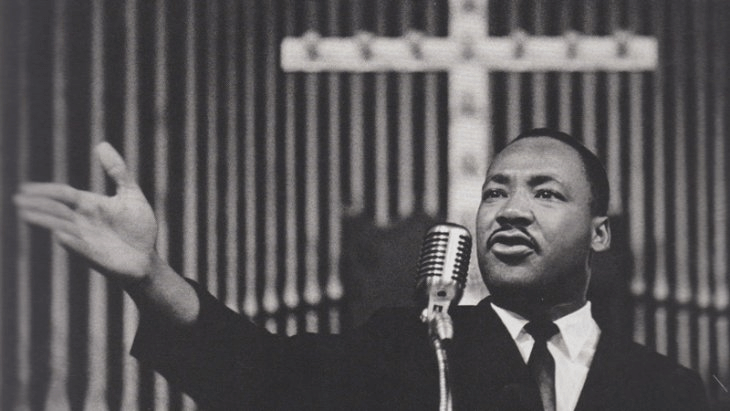Martin Luther King
Martin Luther King Jr. was an American Baptist minister and civil rights activist who became one of the most influential and iconic figures in the American civil rights movement from the mid-1950’s until his assassination in 1968.
Early Life and Education:
Martin Luther King Jr. was born on January 15, 1929, in Atlanta, Georgia, to Reverend Martin Luther King Sr. and Alberta Williams King. Growing up in a religious household, King Jr. was heavily influenced by his father, a prominent Baptist minister and civil rights leader in the Atlanta community.
King Jr. attended segregated public schools in Georgia and later enrolled at Morehouse College in Atlanta at the age of 15. After earning his bachelor’s degree in sociology, King Jr. went on to pursue graduate studies at Crozer Theological Seminary in Pennsylvania and later earned his doctorate in theology from Boston University in 1955.
Civil Rights Activism:
In the mid-1950s, King Jr. emerged as a leader in the civil rights movement. He became involved in the Montgomery bus boycott in 1955, which was sparked by the arrest of Rosa Parks for refusing to give up her seat on a bus to a white passenger.
King Jr. played a central role in organizing the boycott and delivering speeches that called for an end to segregation and racial discrimination. The boycott lasted for more than a year and ended with a U.S. Supreme Court ruling that declared segregation on buses unconstitutional.
Following the success of the Montgomery bus boycott, King Jr. continued to lead nonviolent protests and demonstrations throughout the South. In 1963, he played a key role in the March on Washington for Jobs and Freedom,
where he delivered his famous “I Have a Dream” speech to a crowd of more than 250,000 people gathered at the Lincoln Memorial in Washington, D.C. The speech became a defining moment in the civil rights movement and is still considered one of the most powerful speeches in American history.
In addition to his work with the civil rights movement, King Jr. also spoke out against the Vietnam War and was a vocal advocate for economic justice and the rights of workers. He was a firm believer in nonviolence and peaceful protest as a means of achieving social change and inspired a generation of activists with his message of hope and unity.
Assassination and Legacy:
On April 4, 1968, King Jr. was assassinated while standing on the balcony of his motel room in Memphis, Tennessee. His death was a tragic loss for the civil rights movement and the country as a whole.
However, King Jr.’s legacy continues to inspire people around the world. In 1983, President Ronald Reagan signed legislation designating the third Monday in January as a federal holiday in honor of King Jr. In 1991, King Jr. was posthumously awarded the Presidential Medal of Freedom, the highest civilian honor in the United States.
Today, King Jr. is remembered as a hero and a symbol of the fight for equality and justice. His speeches and writings continue to inspire people of all ages and backgrounds to work towards a more just and equitable society.
Although there is still much work to be done to address systemic racism and inequality, King Jr.’s legacy serves as a reminder that change is possible and that it can be achieved through peaceful protest and activism.
Thank you folks and requesting to please visit our website frequently to view new christian articles, lyrics and quotes. Visit our Instagram page : onewaytointernity, and our facebook page: fb/Onewaytheonlyway
Please visit for more christian stuff :
Visit : https://onewaytheonlyway.com
Quora : https://onewaytheonlyway.quora.com
pinterest : https://in.pinterest.com/madhuym2012/
Facts Blog : https://factsblog.in
Tumblr: https://www.tumblr.com/blog/onewaytheonlyway
YouTube : https://www.youtube.com/c/Tysonpaul




Recent Comments